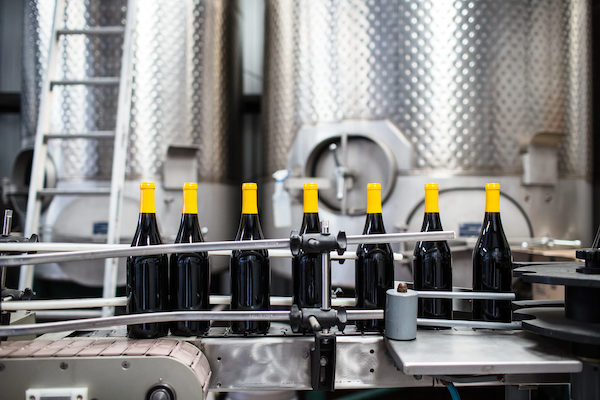
Statistics show that recalls are a real threat to doing business. A food recall is when a food producer takes a product off the market because there is reason to believe that it may cause consumers to become ill. In 2019, the USDA recalled over 20 Million pounds of food and beverage product that was potentially dangerous to the public.
No Company Or Brand Is Free From Recalls.
One of the most detrimental risks to manufacturers of consumer-packaged goods (CPG) are recalls. Not only does this carry financial penalties in lost product, lost sales, and government fines, but also the greater threat to brand reputation and future demand. Food recalls may happen for many reasons, including:
- Discovery of organisms, including bacteria such as Salmonella or parasites such as Cyclospora.
- Discovery of foreign objects such as broken glass or metal.
- Discovery of a major allergen that does not appear on the product label.
The problem is real and can cost tens of millions of dollars. Here are a couple of recent examples within the consumer products industry:
Mislabeling- The FSIS Issued a Public Health Alert for Beef Jerky Products Due to Misbranding and an Undeclared Allergen. The product may have contained anchovies, a known allergen, which was not declared on the product label.
Contamination- Nestlé Prepared Foods Recalled Not-Ready-to-Eat Pepperoni Hot Pockets Product Due to Possible Foreign Matter Contamination. Approximately 762,615 pounds of not-ready-to-eat (NRTE) pepperoni hot pockets product may have been contaminated with extraneous materials, specifically pieces of glass and hard plastic.
Upstream Precautions To Head Off Recall Problems
Many industry solutions for recalls have focused on information traceability, so if a recall is needed, the exact lots, batches and distribution points can be identified so that users and retailers can be notified and act. But to truly tackle the problem, mechanisms should be put in place to prevent the recall from happening in the first place including:
- Testing: Product quality testing is done in food manufacturing, based on grab samples and also in-line using sensors and cameras. This catches a lot of potential problems before shipment. But what about all of the raw materials? Was adequate testing done at the source? One way is to require suppliers to provide certified testing before shipment. Process variables can also infer whether material is sub quality, like temperature changes in refrigeration, energy required to move a material on a conveyor, or color changes that can be picked up as process control variables.
- Verification of Procedures: Procedures are written down or are in workflow systems such as MES or SCADA. Making sure that all necessary process steps were performed across the value chain is important to reducing recall risks. This electronic information should follow the material as it passes from supplier to processor to distributor.
- Supplier Certification: Do you have a certification process for your suppliers? Do they meet specific industry standards? What has been their track record for quality? These are important aspects to consider. Here proper documentation and training programs can help. Having a certification process is important and can head off any issues before they happen.
- Diligent Maintenance and identifying bad actors: Running a food or beverage production facility is not easy. You are constantly balancing costs like maintenance and energy consumption with delivery times and revenue. Contamination can largely result from of lack of maintenance or trying to run a grade of material through a machine that is not configured for the level of hardness or basis weight. Here predictive analytics can be used to highlight anomalies before they result in excessive wear and machine particle contamination.
Material Traceability And How ThinkIQ Can Help.
ThinkIQ, a pioneer of Digital Manufacturing Transformation SaaS and delivers unprecedented material traceability and insight into ways to improve yield, quality, safety, compliance, and brand confidence. Our fact-based granular and data-centric contextualized view of material flows, and related provenance attribute data integrates into existing IoT and OT infrastructures and crosses supply chains to manufacturing processes and beyond. Our customers have saved $10’s of millions by identifying waste and underperforming assets, as well as reducing warranty reserves for quality and safety issues.
Contact us today to learn more about how this transformational technology can help reduce recalls at the source.

